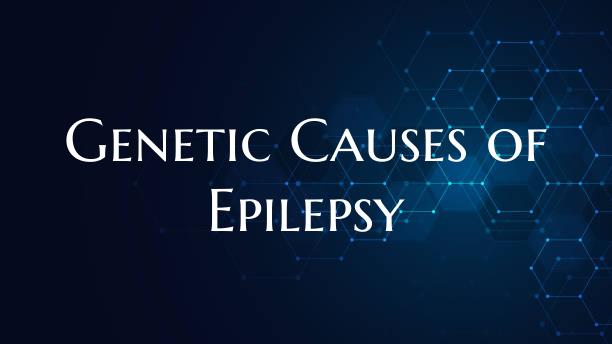
Genetic Causes of Epilepsy
Introduction: Epilepsy is a neurological disorder characterized by recurrent seizures that affect millions of people worldwide. While the exact causes of epilepsy are often varied and complex, researchers have increasingly turned their attention to the role of genetics in understanding this condition. Genetic factors play a significant role in the development of epilepsy, with specific genes having been identified as contributing to the susceptibility to seizures. In this article, we explore the genetic causes of epilepsy and how advancements in genetic research are shedding light on this complex and multifaceted condition.
The Role of Genetics in Epilepsy: Genetics is believed to play a significant role in the development of epilepsy, with a growing body of research highlighting the role of various genes in influencing a person's susceptibility to seizures. Studies have shown that genetic factors may account for up to 70% of epilepsy cases, with a range of genetic mutations and variations being implicated in the pathogenesis of the disorder. These genetic factors can impact various aspects of brain function, including neuronal excitability, ion channel activity, and synaptic transmission, all of which are critical for the proper functioning of the brain and the prevention of seizures.
Types of Genetic Mutations Associated with Epilepsy: There are several types of genetic mutations that have been linked to epilepsy, each of which can affect different biological pathways and processes in the brain. Some of the most common genetic mutations associated with epilepsy include mutations in ion channel genes, synaptic proteins, and genes involved in neuronal development. Mutations in ion channel genes, such as SCN1A and KCNQ2, can disrupt the normal flow of ions in and out of neurons, leading to abnormal neuronal activity and an increased risk of seizures. Similarly, mutations in synaptic proteins like SYNGAP1 can impair communication between neurons, increasing the likelihood of seizure activity.
Genetic Testing and Precision Medicine in Epilepsy: Advancements in genetic testing technologies have enabled researchers and clinicians to better identify specific genetic mutations that may contribute to an individual's epilepsy. Genetic testing can help determine the underlying cause of epilepsy in certain cases, allowing for more targeted and personalized treatment approaches. This personalized approach, known as precision medicine, aims to tailor treatments to the specific genetic profile of each individual, potentially improving treatment outcomes and reducing the burden of seizures.
Future Directions and Implications: As our understanding of the genetic causes of epilepsy continues to evolve, researchers are increasingly focused on identifying new genetic targets and developing novel therapies that target the underlying genetic mechanisms of the disorder. By unraveling the complex interplay between genes and epilepsy, we may uncover new treatment strategies and interventions that could help improve the lives of individuals living with this condition. Ultimately, a deeper understanding of the genetic causes of epilepsy holds the promise of more effective treatments and personalized care for those affected by this debilitating neurological disorder.